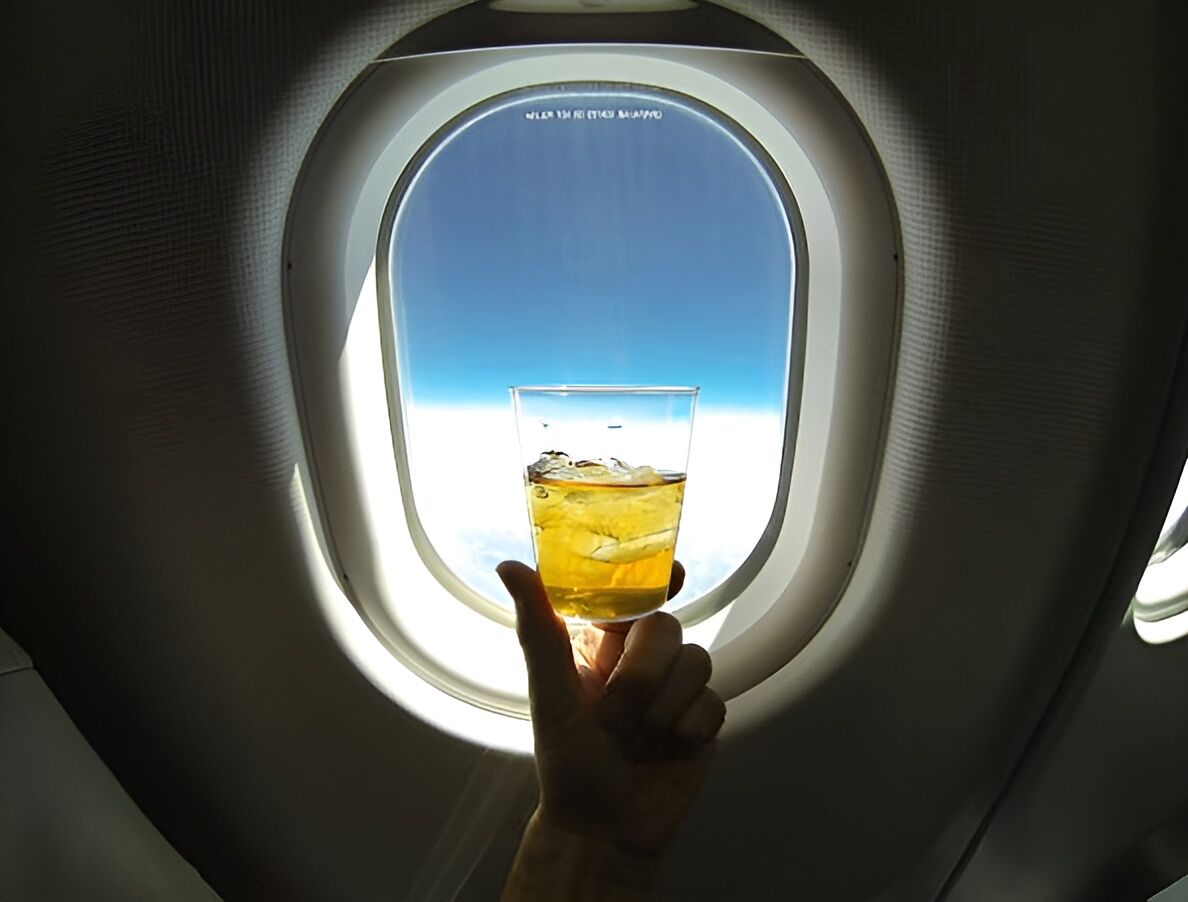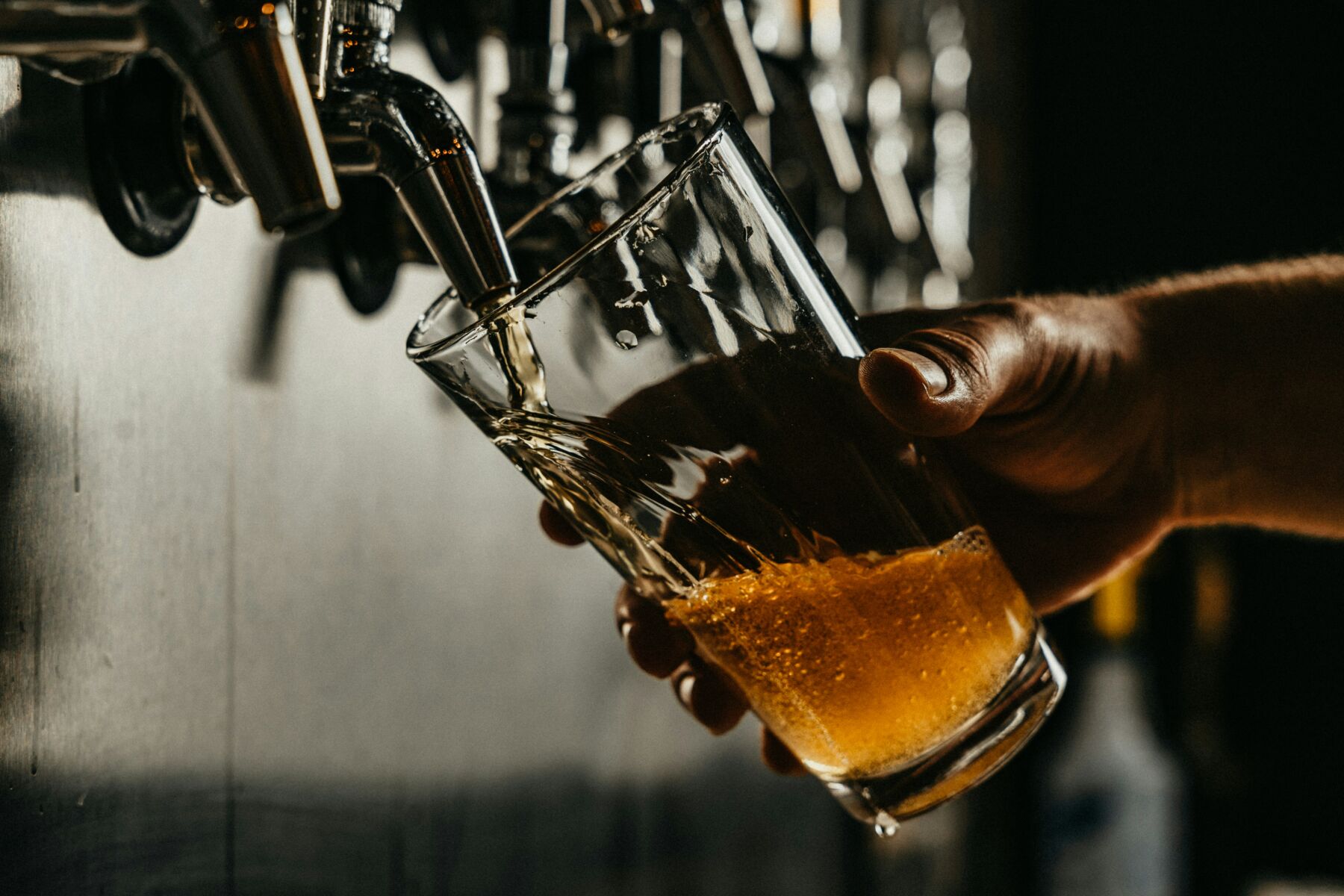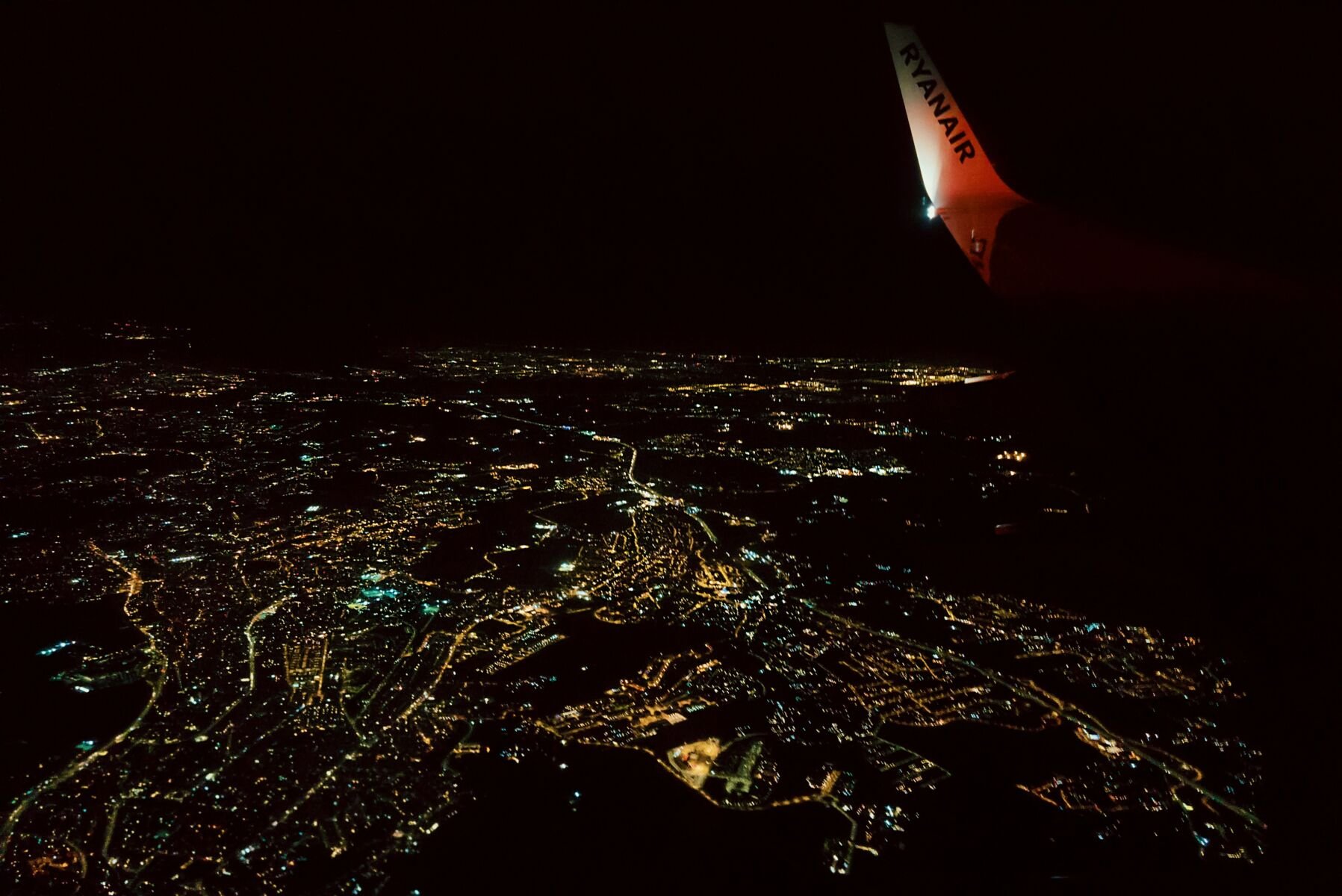Is it time for airlines to restrict alcohol during long haul flights?

Flying can be stressful, and many people enjoy a drink to relax. However, a new study reveals that combining alcohol with the cabin pressure experienced at cruising altitude can significantly impact heart health, even if you’re young and healthy.
This discovery raises a critical question: should airlines restrict alcohol on long-haul flights?
The study’s purpose
Researchers from the Institute of Aerospace Medicine in Germany, aimed to explore how alcohol consumption and cabin pressure at high altitudes interact to affect sleeping passengers’ heart health. They wanted to determine if the combination of these two factors might have a compounded effect on the heart, potentially posing a risk even to those without pre-existing conditions.
How the study was conducted
The study involved 48 healthy participants aged 18 to 40. These participants were divided into two groups: one group slept in a lab with normal air pressure (at sea level), while the other slept in an altitude chamber that simulated the pressure at 2,438 metres above sea level, similar to a plane’s cruising altitude.
Each group was further split in half. One-half consumed alcohol equivalent to two cans of beer or two glasses of wine before sleeping, while the other half did not drink. Participants then slept for four hours, and their sleep cycles, blood oxygen levels, and heart rates were continuously monitored.

Key findings
Blood oxygen levels and heart rates:
- Participants who consumed alcohol and slept in the altitude chamber experienced an average drop in blood oxygen levels to just over 85% and a heart rate increase to nearly 88 beats per minute (bpm).
- Those in the altitude chamber without alcohol had slightly better outcomes, with oxygen levels just over 88% and heart rates under 73 bpm.
- In the sleep lab with normal pressure, alcohol drinkers had an average oxygen level of just under 95% and a heart rate of 77 bpm, while non-drinkers had 96% oxygen levels and heart rates of just under 64 bpm.
Duration of low blood oxygen levels:
- Under the combined effects of alcohol and cabin pressure, participants experienced oxygen levels below the healthy norm (90%) for an average of 201 minutes.
- Without alcohol, this duration was 173 minutes.
- In the sleep lab, oxygen levels stayed within the healthy range regardless of alcohol consumption.
Impact on sleep stages:
- The combination of alcohol and cabin pressure reduced the duration of the deepest sleep stage (N3) and the REM sleep period.
- N3 sleep was shortened to 46.5 minutes with both alcohol and cabin pressure, compared to 84 minutes with alcohol alone and 67.5 minutes without alcohol under normal conditions.

Implications for passengers
Even though the study involved a small, healthy group, the findings suggest that combining alcohol consumption with flights inside high-altitude cabin pressure poses a considerable strain on the cardiovascular system. This effect could be more pronounced in older individuals and those with pre-existing heart or lung conditions.
Should airlines restrict alcohol?
Given these findings, researchers suggest that it might be time for airlines to reconsider the availability of alcohol on long-haul flights. Restricting alcohol could help protect passengers’ health by preventing the combined harmful effects of alcohol and cabin pressure on the heart and blood oxygen levels.
Flying is already a stressful experience for many, and while a drink might seem like a good way to relax, it’s essential to be aware of the potential health risks. The study highlights the need for better awareness among passengers, crew, and healthcare practitioners about the dangers of drinking alcohol at high altitudes. As research continues, policies may need to be updated to ensure the safety and well-being of all passengers.
Next time you’re on a long-haul flight, think twice before reaching for that drink. Your heart will thank you.
Latest Thailand News
Follow The Thaiger on Google News:


























